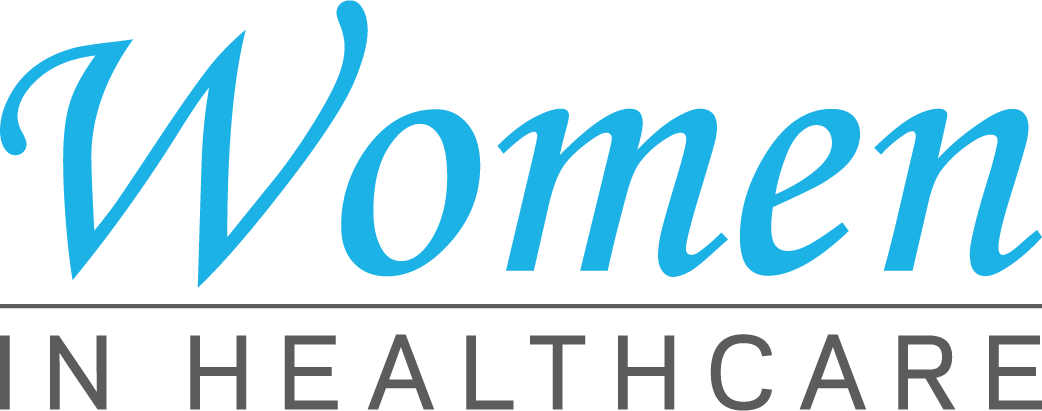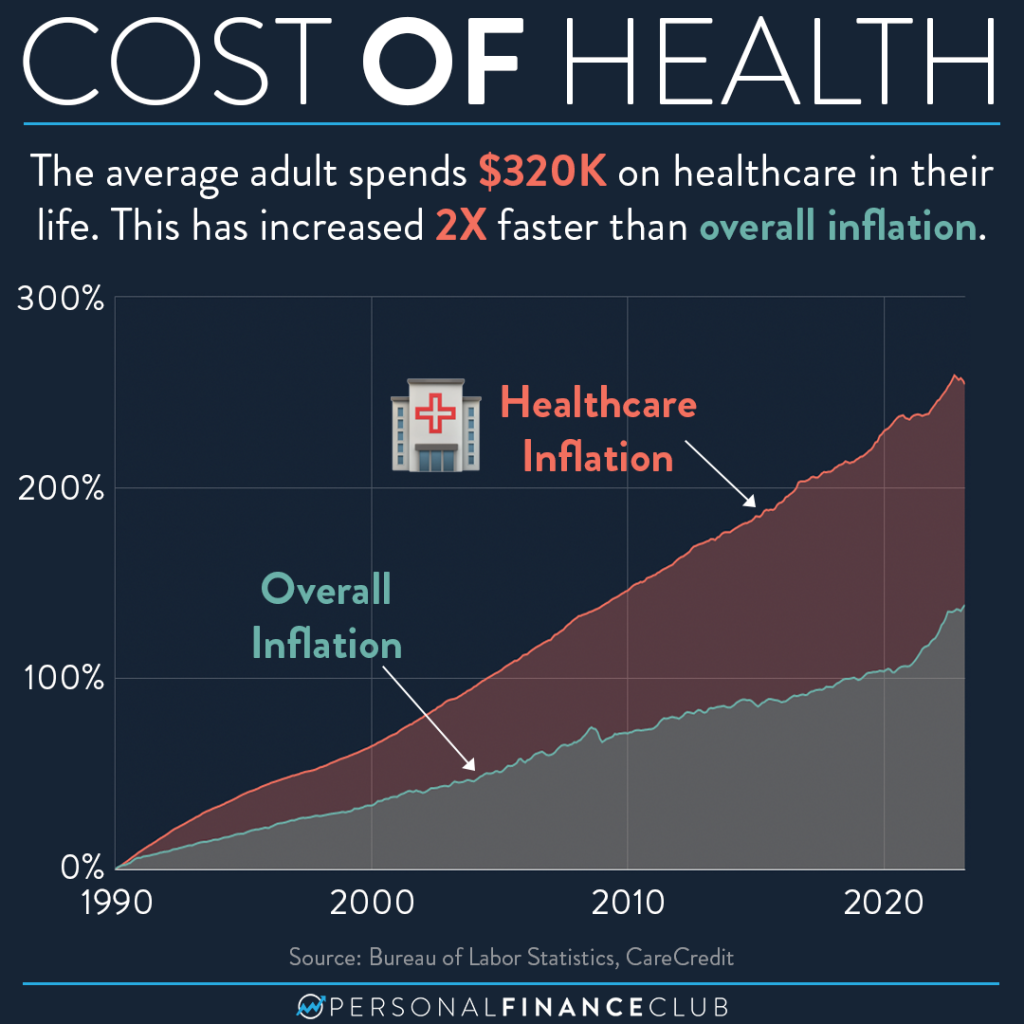Comprehensive Healthcare RCM for Improving Patient Billing and Payments
Comprehensive Healthcare RCM for Improving Patient Billing and Payments
Blog Article
Comprehending the Function of Healthcare RCM in Enhancing Economic Performance and Patient Complete Satisfaction
Navigating the details of Health care Earnings Cycle Administration (RCM) is important for attaining ideal monetary performance while simultaneously elevating person complete satisfaction. As we discover the transformative capacity of RCM, concerns about its critical execution and future improvements bid, encouraging insights that could redefine market requirements and individual experiences alike.

Key Elements of RCM
In the complicated landscape of health care, Income Cycle Administration (RCM) is pivotal in making certain monetary security and functional performance. An extensive RCM system incorporates several crucial components, each playing an essential function in the seamless monitoring of a healthcare company's economic procedures. Client enrollment and eligibility verification are fundamental steps, guaranteeing that accurate client details is recorded and insurance policy protection is validated prior to services are rendered. This reduces the risk of insurance claim denials and speeds up the reimbursement procedure.

Fee capture is another important part, entailing the accurate recording of solutions provided to individuals. It ensures that all billable services are accounted for, thus making the most of revenue capacity. Concurrently, clinical coding translates patient encounters into standardized codes, which are vital for billing and regulatory compliance.
Cases submission and administration comply with, entailing the prep work and submission of cases to payers. This process needs careful focus to information to minimize errors and protect against delays. Denial administration is an aggressive strategy to address and solve denied insurance claims, guarding profits streams.
Last but not least, settlement posting and person collections finish the cycle, ensuring payments are precisely taped and superior equilibriums are sought. With each other, these parts create a durable structure that supports the monetary and operational health and wellness of health care organizations.
Effect On Financial Performance
Effective Revenue Cycle Monitoring (RCM) considerably influences a healthcare organization's monetary efficiency by maximizing capital and decreasing income leak. RCM incorporates the detailed payment and collection processes that make certain doctor efficiently handle their monetary purchases from client enrollment to last payment. By improving these procedures, companies can decrease denied cases, expedite repayment cycles, and enhance general monetary health and wellness.
Economic performance is boosted via precise management of billing procedures, which includes exact coding and prompt entry of insurance claims. This lowers the possibility of claim rejections and beings rejected, which can dramatically impede revenue flow if not attended to promptly. In addition, integrating innovative modern technology options assists in real-time monitoring of claims and economic metrics, providing medical care managers with the tools necessary to make educated tactical choices.

Enhancing Patient Fulfillment
While maximizing monetary performance is an essential purpose of Income Cycle Administration (RCM), it likewise plays an essential duty in enhancing person contentment. By decreasing administrative concerns, RCM enables healthcare providers to concentrate much more on patient treatment, which straight improves patient contentment.

RCM likewise improves patient complete satisfaction via effective interaction. By keeping a thorough database of patient information, RCM facilitates enhanced interaction in between clients and medical care suppliers, ensuring clients really feel educated and valued.
Approaches for Reliable RCM
Attaining efficient Earnings Cycle Administration (RCM) calls for healthcare companies to carry out a set of tactical techniques that ensure economic security and operational efficiency. One critical technique is the adoption of technology-driven remedies, such as incorporated software systems that simplify invoicing processes, minimize mistakes, and improve data precision. These systems enable real-time tracking of financial metrics, allowing for prompt identification and rectification of inadequacies.
One more approach is the standardization of processes across the revenue cycle. Healthcare RCM. This entails developing regular policies for client registration, insurance coverage verification, and declares handling. By ensuring that all staff adhere to these criteria, companies can speed up and reduce disparities payment collections
Personnel training and advancement likewise play a pivotal duty in effective RCM. Well-trained workers can efficiently navigate complicated invoicing procedures and laws, minimizing denials and enhancing cash money circulation. Regular updates on policy changes and ideal techniques help preserve a competent and experienced labor force.
Future Trends in RCM
As medical care companies enhance their Profits Cycle Monitoring (RCM) strategies with technology and standard procedures, focus is currently turning towards the future trends forming this critical location. One significant trend is the combination of fabricated intelligence (AI) and artificial intelligence to automate complex tasks, such as cases processing and predictive analytics. These modern technologies are expected to decrease mistakes, accelerate deal times, and offer data-driven insights for far better decision-making.
Additionally, the shift towards value-based care proceeds to influence RCM methods - Healthcare RCM. Medical care service providers are anticipated to progressively concentrate on individual end results and fulfillment, requiring RCM systems that can accommodate new reimbursement versions. This change will require even more comprehensive data collection and evaluation to effectively report and gauge on efficiency metrics
Interoperability is an additional emerging priority, as smooth information exchange between disparate systems ends up being critical. Improved interoperability will facilitate more exact patient info sharing, decreasing management worries and enhancing the patient experience.
Conclusion
Health Care Revenue Cycle Monitoring (RCM) dramatically influences both economic performance and individual contentment by optimizing invoicing processes, ensuring accurate coding, and making it possible for timely claims submission. Efficient RCM minimizes earnings leakage and increases money circulation, lowering their explanation case denials and speeding up settlements.
Browsing the complexities of Healthcare Earnings Cycle Administration (RCM) is vital YOURURL.com for attaining optimum monetary performance while concurrently raising person complete satisfaction. RCM incorporates the detailed invoicing and collection procedures that make sure healthcare carriers successfully handle their economic transactions from client enrollment to last repayment. By minimizing administrative problems, RCM permits health care service providers to concentrate more on client treatment, which directly improves patient contentment.
By keeping a comprehensive data source of patient details, RCM facilitates boosted interaction in between clients and healthcare providers, making certain people feel notified and valued.Health Care Profits Cycle Monitoring (RCM) considerably affects both economic efficiency and person contentment by enhancing invoicing procedures, making sure precise coding, and enabling timely i thought about this cases submission.
Report this page